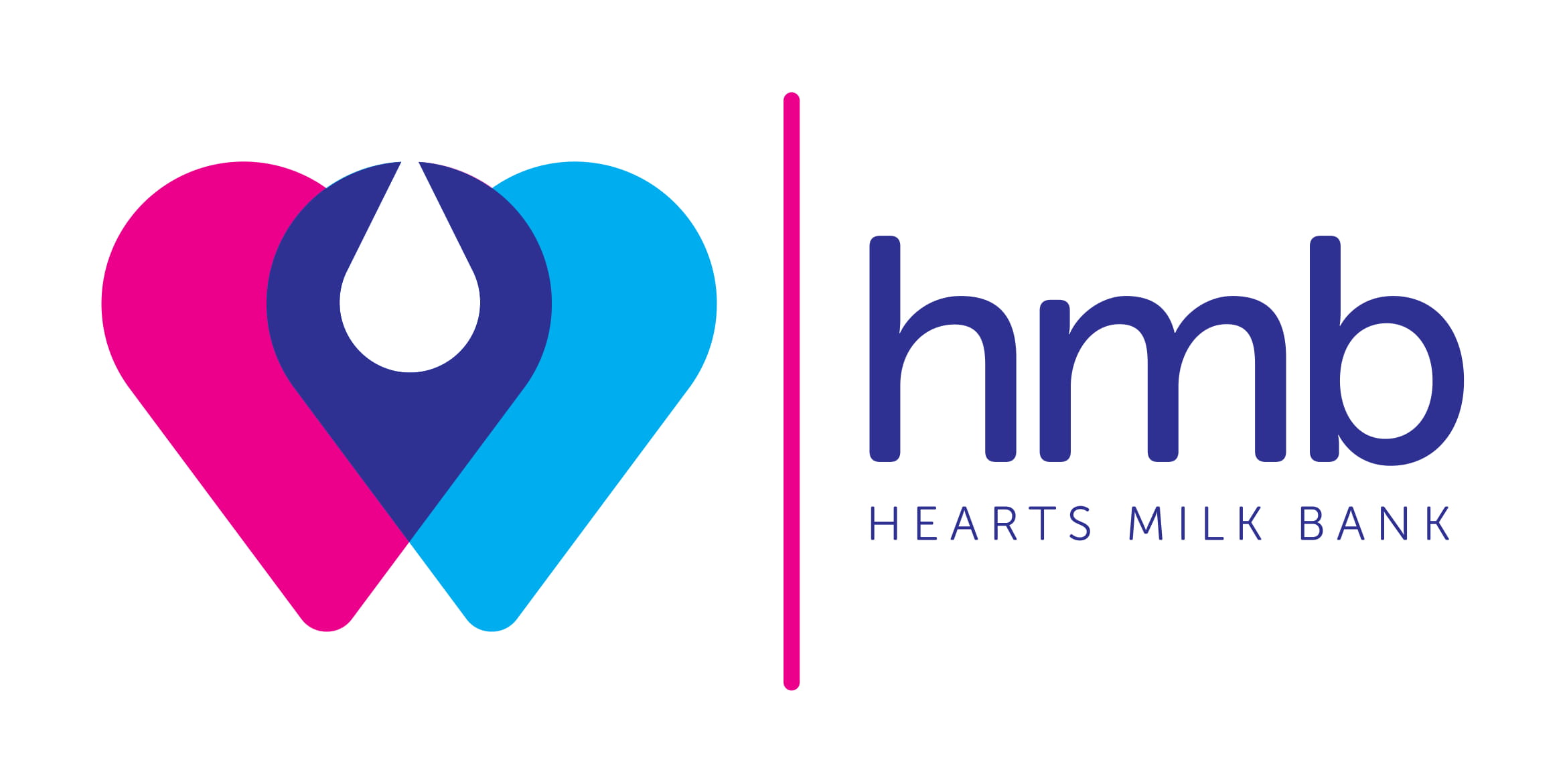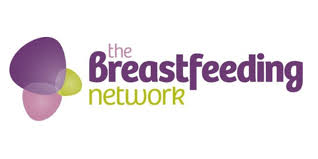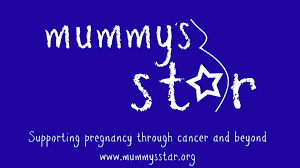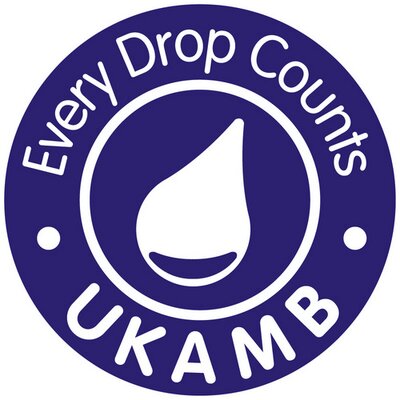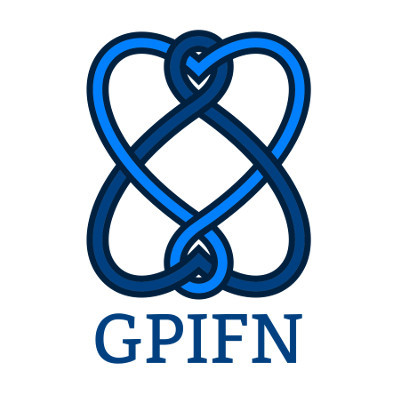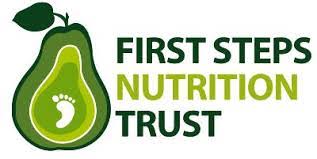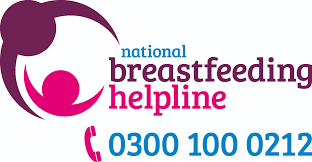Claire Granger - IGUANA Immunoglobulin A and Neonatal Adaptation
Claire's Research Project
For premature babies, an exclusive human milk diet helps to prevent serious complications including a condition called necrotising enterocolitis (NEC) – a disease causing gut inflammation which is a leading cause of mortality in preterm babies. If mum’s own milk is not available, this can be supplemented with donor human milk. Breast milk is full of components that protect babies: one of these is immunoglobulin, which helps protect babies from infections including NEC. Immunoglobulin is missing in preterm babies as it is mainly transferred from mum to baby in the last trimester of pregnancy. We know that donor human milk does not contain as much immunoglobulin as mum’s own milk, possibly as it is pasteurised at human milk banks to destroy any harmful bacteria or viruses.
Through our research we aim to investigate immunoglobulin levels in donor milk through various stages of donor milk preparation in the neonatal unit, including cooling, freezing and feeding through a tube that goes into the baby’s nose. If successful, this project will develop optimised milk processing and storage procedures that will improve the immunoglobulin levels of donor milk provided to babies in neonatal intensive care units.
To find out research grants from the Human Milk Foundation click here >

